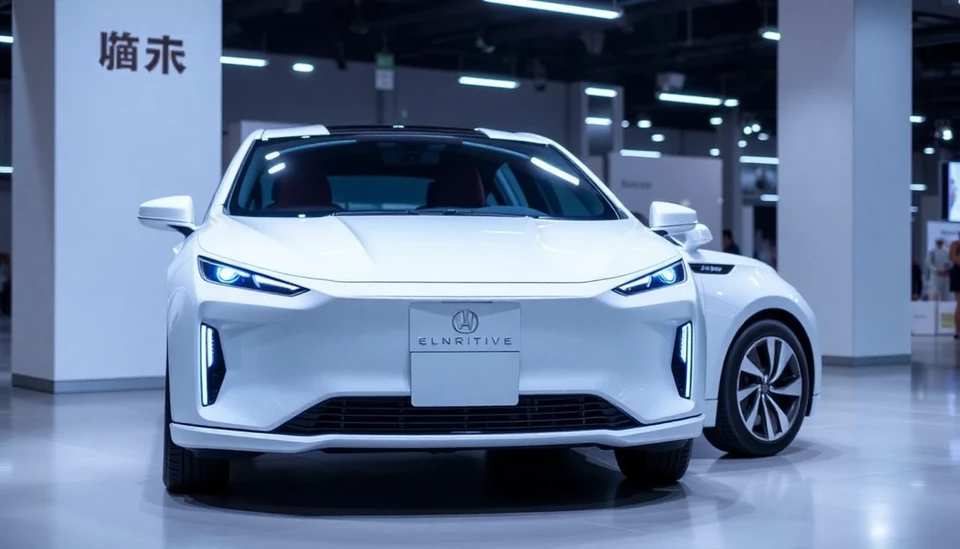
In a move that could reshape the automotive landscape, Foxconn, the Taiwanese electronics giant best known for assembling Apple products, has reportedly approached Nissan with a proposition to take a controlling stake in the Japanese automotive manufacturer. This potential acquisition underscores Foxconn’s ambitious strategy to diversify its portfolio and expand its footprint in the electric vehicle (EV) market.
According to sources familiar with the situation, Foxconn has expressed a keen interest in securing a significant share of Nissan, which has been navigating challenges in the increasingly competitive automotive sector. The discussions reportedly stem from Foxconn’s ongoing efforts to align itself with leading car manufacturers as it aims to capitalize on the burgeoning EV sector—including both electric cars and associated infrastructure like batteries and services.
Nissan, recognized for its pioneering role in the electric vehicle market with the Leaf model, has recently been undergoing a transformation under its new management. This strategic pivot aims to enhance profitability and innovate its product line, including a strong focus on electric vehicle technology. Collaborating with a tech-centric giant like Foxconn could provide Nissan with the necessary support in electrification and manufacturing capabilities, potentially driving costs down and accelerating the development of future vehicle models.
Foxconn’s Chairman, Young Liu, has been vocal about the company’s intent to diversify beyond electronics assembly and invest heavily in EV technology. This ambition has already seen Foxconn forge alliances and partnerships with other automotive companies, such as its venture with Lordstown Motors and efforts with Fisker. The potential acquisition of Nissan would mark a monumental leap for Foxconn, granting it a major stake in a legacy automotive brand while strengthening its position in the growing EV market.
Nissan's management appears to be open to exploring options that would not only stabilize the company financially but also promote technological advancements vital for future competitiveness. Given the industry’s shift towards electric vehicles, collaborating with Foxconn might equip Nissan with necessary resources, expertise, and innovative solutions to stay relevant.
While discussions are still in preliminary stages and no formal agreement has been reached, both companies will likely benefit from the negotiation if it reaches fruition. Nissan would gain a strong partner in coping with market pressures and technological shifts, while Foxconn would bolster its automotive ambitions by establishing a direct influence within the EV segment.
This possible deal has drawn the attention of analysts who argue that the burgeoning convergence of technology and automotive industries signifies an essential evolution in manufacturing practices. The integration of tech-savvy partners within traditional automotive frameworks could present a win-win situation—enhancing innovation while maintaining economic viability in the face of challenges posed by the global shift towards sustainable transportation.
As more details emerge regarding this potential investment, industry observers remain keenly interested in how it might influence the future development of EV technologies and the broader automotive market dynamics. A collaboration between Foxconn and Nissan could set a benchmark for other technology firms and automotive manufacturers considering partnerships to accelerate their own transition towards electrification.
In summary, Foxconn's approach to Nissan presents an intriguing opportunity, potentially reshaping both companies' futures as they navigate the rapidly changing automotive terrain.
#Foxconn #Nissan #ElectricVehicles #AutomotiveIndustry #InvestmentNews #TechPartnerships #EVMarket
Author: John Harris


